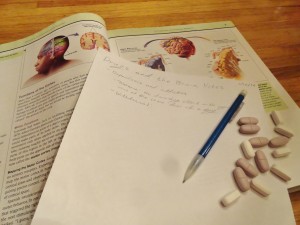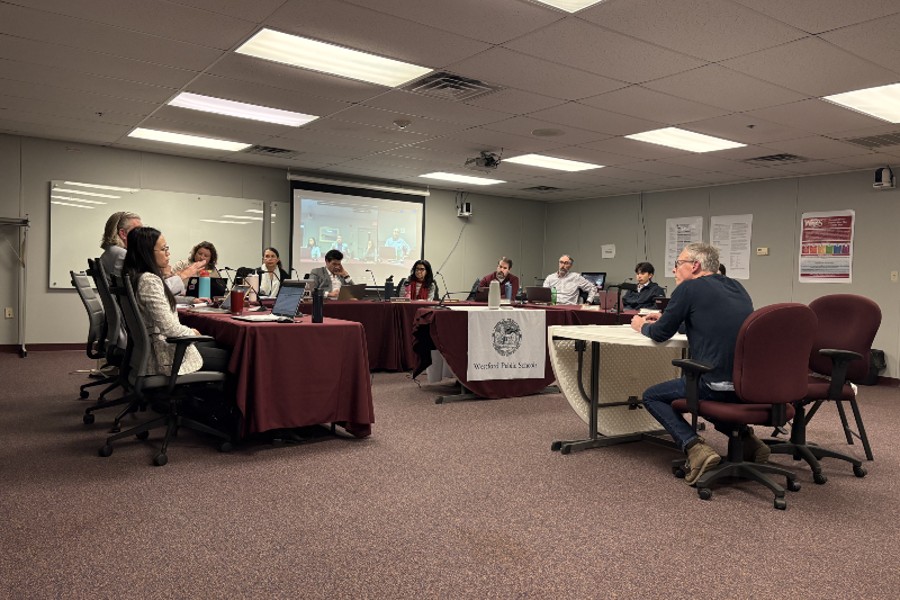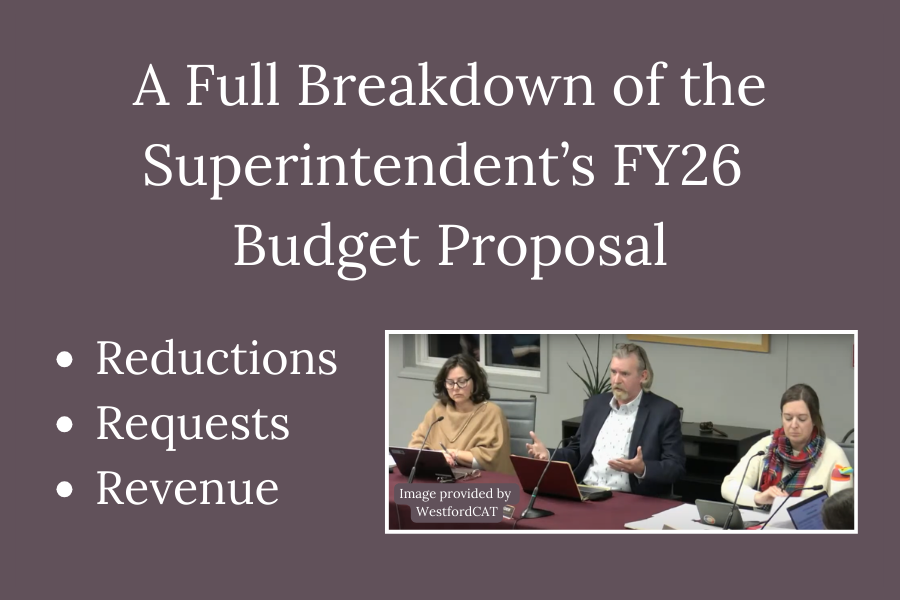 By Victoria Walker
By Victoria Walker
Business Manager
“I think if you ask college kids, they’ll say ‘Adderall? That’s not even a drug,’” said WA Psychology teacher Sandra Whittemore on the subject of ADHD medication abuse among students. “So many kids who aren’t your stereotypical addicts are taking it [and others] tend to take from that that it’s harmless… it is so normalized that they don’t see that this can be harmful in the long run.”
Unfortunately, these students are wrong in believing that the casual use of Adderall as a focusing tool is harmless. Medications like Adderall and Ritalin are amphetamines, commonly prescribed to people with Attention Deficit Hyperactivity Disorder (ADHD). Most of us have friends or family members who use these medications. Unfortunately, many of us also know someone who abuses them. According to WA School Nurse Lisa Crupanuk, 1 out of every 10 teenagers uses a prescription stimulant to improve their school performance.
“I think the majority of kids that take [Adderall] inappropriately… they take it because they think it help them focus,” explained WA Resource Officer Justin Agraz. “A lot of them will come into school knowing they have a big exam or a big project to do, and that’s when they’ll use the pill… they think it’s going to dial them in.”
This seems like a logical conclusion for young people to draw. Students know that their friends with ADHD take the medication and can see how it helps them focus on their school work. So, if some people are getting prescribed these pills, why should everyone not take them and get the same extra advantage?
“The person with ADHD, when they take it …the stimulant effect in the synapse causes so much overstimulation that the receptors shut down so you don’t overstimulate the brain,” said Whittemore. “That’s assuming your brain already has all these stimulants in play. For a person who doesn’t have a brain like that… they typically snort [the drug] somehow, so it’s going to get into the system faster, and they’ll get high. So that’s where kids who are on ADHD medication might have… people who ask them to buy their meds.”
Put simply, prescription ADHD medications are designed specifically for the brains of people dealing with the disorder, in order to help them achieve normal levels of focus. While the drugs can help to increase attention in these cases, Adderall and Ritalin are not designed to be casual “study drugs” and have quite a different effect on normally functioning brains.
“These medications, when written by prescription, are very thoughtfully administered… to children who really need them, who can’t focus,” said WA Health teacher Lauren Coffey. “Not that they can’t study for long enough periods of time… they’re receiving it because they can’t sit at a desk.”
Unfortunately, as more and more teens are prescribed these helpful pills, the drugs are being increasingly abused by others in an attempt to improve performance, lose weight, or get mildly high.
“In 2011, Massachusetts ranked 25th highest overall nationwide with children in the U.S. currently taking ADHD meds, which is 6.5% of all children in Massachusetts,” said Cripanuk. “It had been trending upward nationwide since 2003.”
“It’s a lot easier for teens to get their hands on it [nowadays]…” explained Agraz. “A lot of times what happens is the lack of regulation on the parents’ side allows kids to kind of build up a little stockpile of it that they’re able to sell off to friends.”
Unlike patients who are prescribed these drugs, other students usually take them in erratic, unregulated doses that continuously increase. Numerous large-scale health risks have been linked to this behavior, including quickening heart rate, high body temperature, and decreased sleep and appetite. ADHD medication abuse can also lead to high blood pressure, serious cardiovascular complications, strokes, feelings of hostility and paranoia, and stunted growth in young adults and children. They also counteract the numbing effect of alcohol, allowing users to stay alert longer and drink more than is natural.
Unfortunately, even the supposed benefits of these drugs can backfire.
“A short term side effect is increased anxiety,” said Coffey. “If someone is taking it to reduce their anxiety so they can study, that’s a double-edged sword. You’re signaling your body into “fight or flight” mode, so there’s a release of adrenaline… so you’re putting your body under more stress.”
Adderall and Ritalin are highly addictive because of the large amount of dopamine they release into the brain. After repeated uses, the same amount gives users less and less of a “kick”, and they are likely to turn to the next similar drug, cocaine. This means that students who test the drugs out for a few nights might have a very difficult time stopping.
There are multiple reasons why the abuse of ADHD medications is rising among high schools students. Looking at Westford Academy, it can be easily seen that the general anxiety of the student body is ever-increasing, with more students than ever being hospitalized for stress-related issues, according to Coffey. Rather than two or three AP classes through high school, students are now trying to cram four or five college level courses into one year, trying to look appealing to colleges and place out of a few freshman courses. With all of the stress this puts on students, it is easy to see why many are grabbing for what appears at first to be an “easy way out”; abundant and unnoticeable.
“I think it’s very, very tough to catch someone doing it,” said WA School Psychologist Steve Cunha. “They might be concentrating more today, but you’re not necessarily on the lookout for that like you are if somebody’s high or drunk.”
With an increasing amount of ADHD medication being prescribed and a general lack of understanding about the negative effects an un-prescribed amount can pose on the brain and body, the problem of their abuse amongst teenagers continues to grow. The issue has risen to prominence in the past few years, and hopefully over the next few, steps will be taken to resolve it before it’s too late.
“The abuse of these central nervous system stimulants… it’s as dangerous as taking cocaine,” said Coffey. “I don’t think people realize that danger… We will see somebody soon who’s taking these prescriptions illegally, and they’re going to end up [overdosing and dying]. I think that’s unfortunately an inevitability and I would just hate to see it be one of our kids.”






